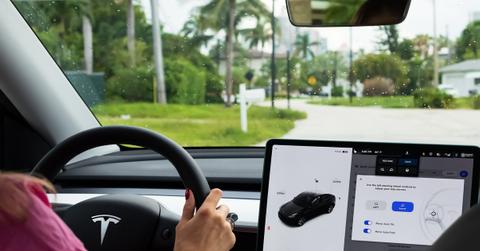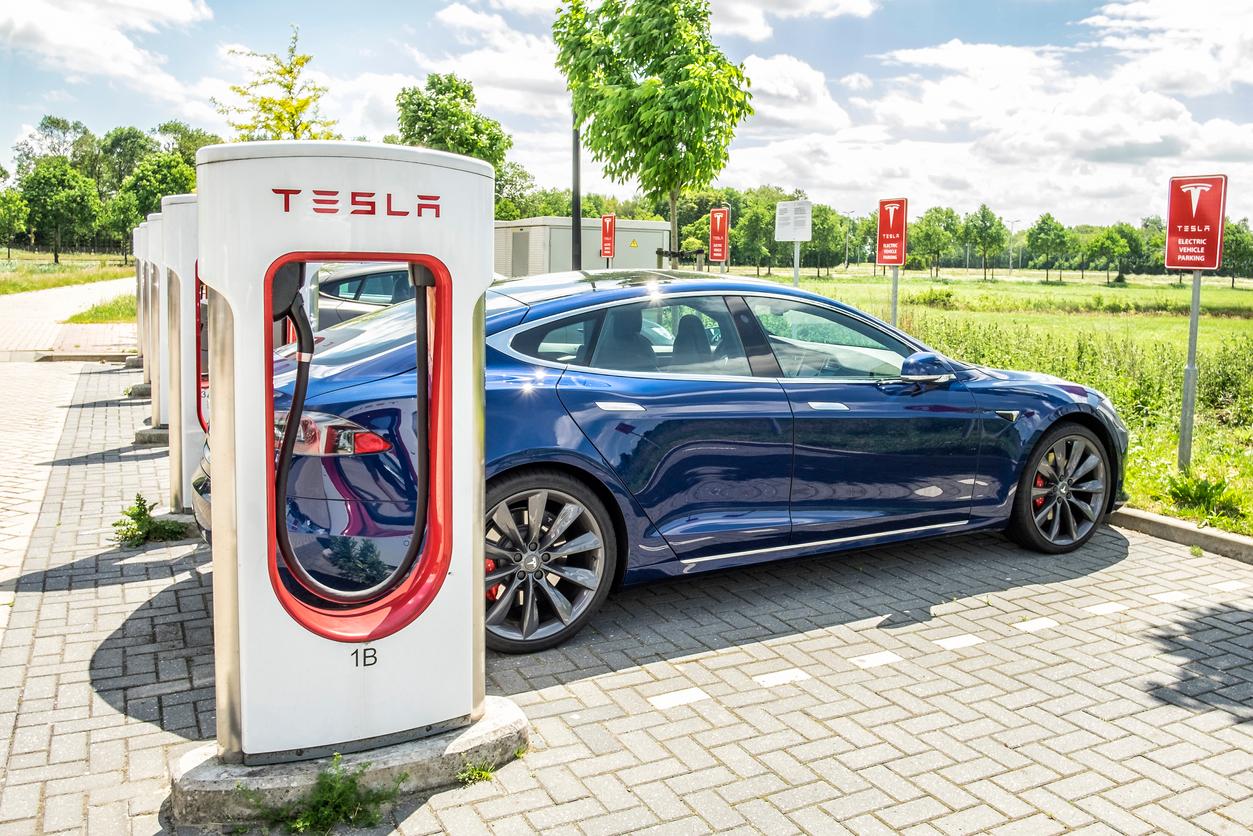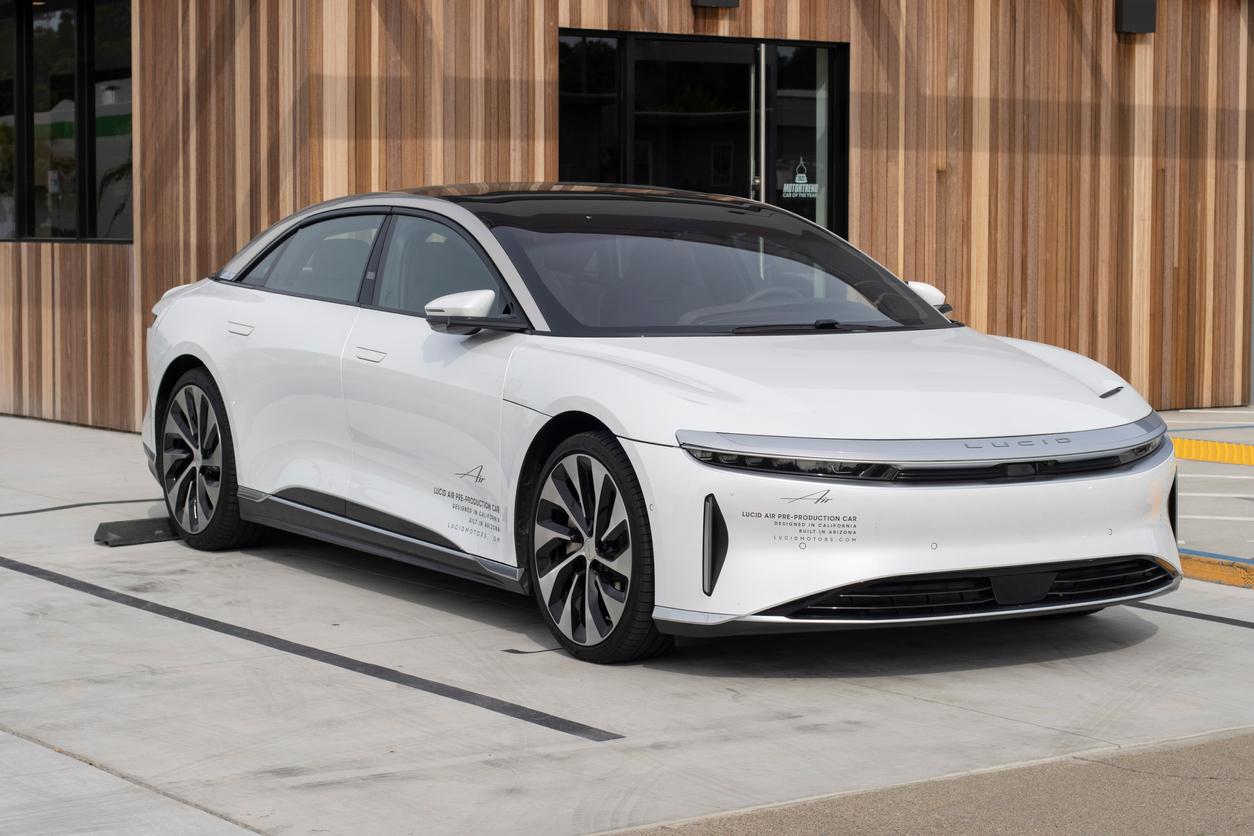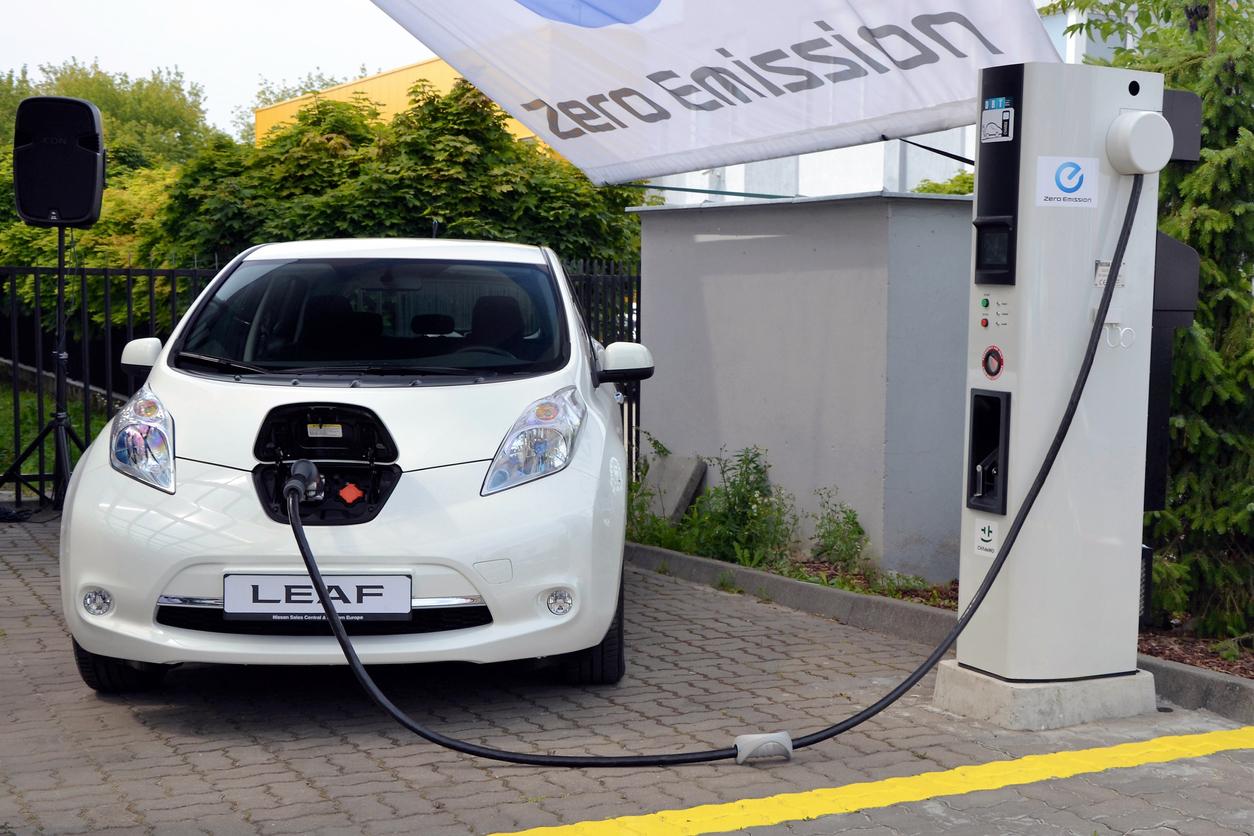Tired of Your Gas-Guzzling Car? Here's How Far an Electric Car Can Go on One Charge
Published Dec. 2 2022, 10:02 a.m. ET

We know that gas-powered cars are bad for the environment, but not all of us are ready to buy electric cars. There are many reasons why some aren’t ready to make the switch — one common concern is that the car’s battery doesn’t have the range to get them to where they need to go.
Is this a valid concern or is it just a presumption? How far can an electric car go on one charge?
With emissions rising, it’s crucial to find a better alternative to gas vehicles. Let’s take a closer look at electric cars, battery range, and what factors create a long-lasting charge.
How far will an electric car take you on one charge?

In 2020, electric cars could travel a little bit over 250 miles per charge on average, with a maximum range of 400 miles, according to the U.S. Department of Energy.
Now, Forbes reported that the average electric vehicle travels between 200 and 300 miles per charge — so not too much has changed in that category. But when it comes to the maximum battery range, some can travel over 500 miles.
There’s clearly been improvements, but that doesn’t completely erase the other barriers. Buying an electric car can be expensive, especially if you want one that has a larger mileage range, Forbes explained. The extra assurance that you won’t run out of battery life will cost you a pretty penny.
Let’s take a look at a few different cars.

When it comes to cost, the Nissan Leaf is on the cheaper end — but it’s also on the lower end in terms of miles per charge, too. Per Forbes, the Nissan Leaf costs around $21,000 to start, and there’s also the potential for a $7,500 federal tax credit.
When it comes to range, you’re looking at 148 to 226 miles per charge. It’s definitely one of the more affordable electric vehicles on the market, and if you’re looking for something to run everyday errands with, it’s not a bad choice.
Now, if you want the electric vehicle that will take you on the road trip of your dreams, that might cost a little bit — okay, a lot — more. The 2022 Lucid Air has a range of 451 to 520 miles and costs $170,650, Forbes reported.
The Tesla Model 3 starts at around $40,000 and has a range of 272 to 358 miles. In terms of price and mileage, this electric car is kind of in the middle of the pack.
What improvements need to be made?

There are several factors that go into the cost and range of electric cars. The main reason that these two components go hand-in-hand is that a higher capacity battery should cost more.
Forbes summed up the problem pretty well:
“Unfortunately, given the still-high cost of EV batteries, which account for about a third of a vehicle’s cost, the longest-range models tend to be luxury-brand models that command the highest sticker prices.”
Other factors like the number of passengers and extreme temperatures can also affect the range of electric cars.
In addition, the number of charging stations and the time it takes to charge should also be considered. According to NPR, level 3 chargers take between 15 and 45 minutes to recharge an electric car’s battery, which isn’t too bad, but people are also worried about the availability of chargers in general. There are around 150,000 gas stations in the U.S. compared to only 46,000 charging stations.
Overall, electric cars have a relatively good range — if you’re willing to pay. If not, you can get something more affordable with a little less mileage per charge. Either way, in the end, both cars’ ranges might still face similar problems.